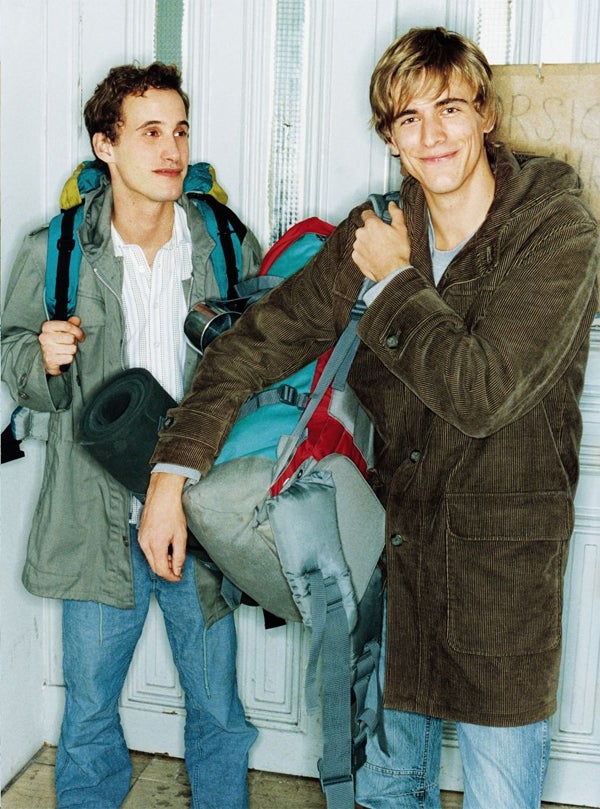Gap year: volunteering advice
How do you get the most out of a gap year if your heart is set on volunteering? Anne Giacomantonio gets advice from an expert

Getting your exam results and deciding on your next move in education – and then your career – can be a daunting process. So, for many people, the idea of a little breather between leaving school and going into higher education is very appealing, but the choices surrounding a gap year can be almost as daunting! Do you spend your time travelling, getting in some work experience or doing some charitable volunteer work in a foreign country?
The popularity of the gap year has been increasing steadily in the 40 years or so since the phenomenon first appeared, while the gap year market in 2005 was valued at £5bn globally. This means there are hundreds of companies offering gap years – at a price.
Because there are so many companies out there, it can be hard to decide who to go with. Will your money be used for a good purpose? Is the presence of a particular company, in whatever country they happen to be in, seen as a help or a hindrance?
The gap year expert
Dr Kate Simpson came up against exactly that problem when she started investigating volunteering and gap years for her PhD. Having been to New Zealand, she decided that she would do her PhD on volunteering and set up a website, www.ethicalvolunteering.org, to help guide people who might be confused when making their decision. We caught up with her for a quick chat.
How did you organise your gap year?
I went to New Zealand and worked in a school out there for eight months. I was one of these people you don’t want to be like – quite disorganised! I didn’t think about it in advance at all. Shortly afterwards, I worked for a gap year organisation running volunteer programmes and experiences in Lima and Peru. I organised summer holiday activities for kids in a shanty town.
What did your research reveal?
Volunteering isn’t about simply travelling to the other side of the world and thinking that you will have the great opportunity to have fun and try something new. In the industry there is a huge focus on personal development, but there is very little on how the people you work with make sense of these experiences. What are young British people actually learning about the communities and cultures that they work in?
What should gappers be asking to test potential agencies?
There is far more supply then demand, it’s a real buyers’ market. People going on any gap year experience can afford to be really discerning. They should challenge the organisations for the information they want. Often, the problem is they don’t have the confidence, but you must remember that whatever the organisations are telling you, they want you more than you want them. Use your power of choice.
Do students have to carry out volunteer work to make their gap year worthwhile?
The gap year volunteering sector is very keen to encourage you to think that if you don’t do volunteering it’s not of use on your CV. However, if you are not really into the volunteering don’t do it, because you will only do a bad job.
What is the most crucial thing to look for?
It’s important that there is a partnership between a local organisation and a sending agency. If there isn’t a healthy partnership, you can be sent to a project that people locally don’t want or need. Look for an agency that can tell you about the local partner. It’s no good if they just tell you they work with a local school, for example – they need to say what the school is and where it is.
It all seems very confusing, how do you decide?
Really get to know your provider. Ask questions and know what answers they should be giving. There are so many really good people out there and only some not very good ones.
Be really clear about what the agency is asking you to do. If you are off to do something you’ve never done before, be really clear about how they are going to help you develop the skills, whether it’s construction or teaching. Use an agency that approaches it a bit more like a job – one that wants to meet you first, know a bit about you and your skills and what you can offer. Volunteer agencies that just ask you to sign and send a cheque are no good.
Whether it’s conservation work or running a children’s play project, young people should aim for stuff for which they have enthusiasm and some relevant skills. The simpler projects tend to be more rewarding.
Join our commenting forum
Join thought-provoking conversations, follow other Independent readers and see their replies
Comments
Bookmark popover
Removed from bookmarks